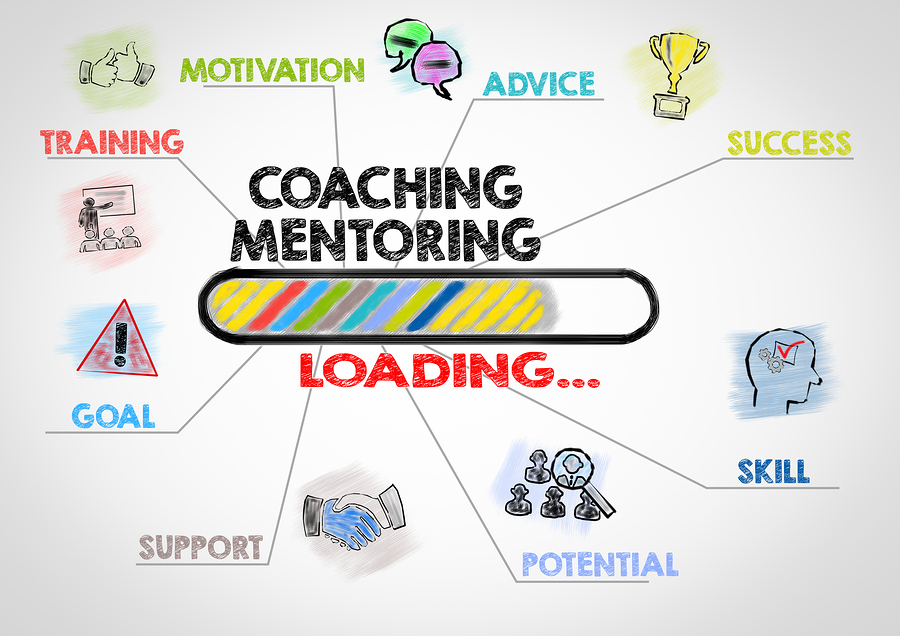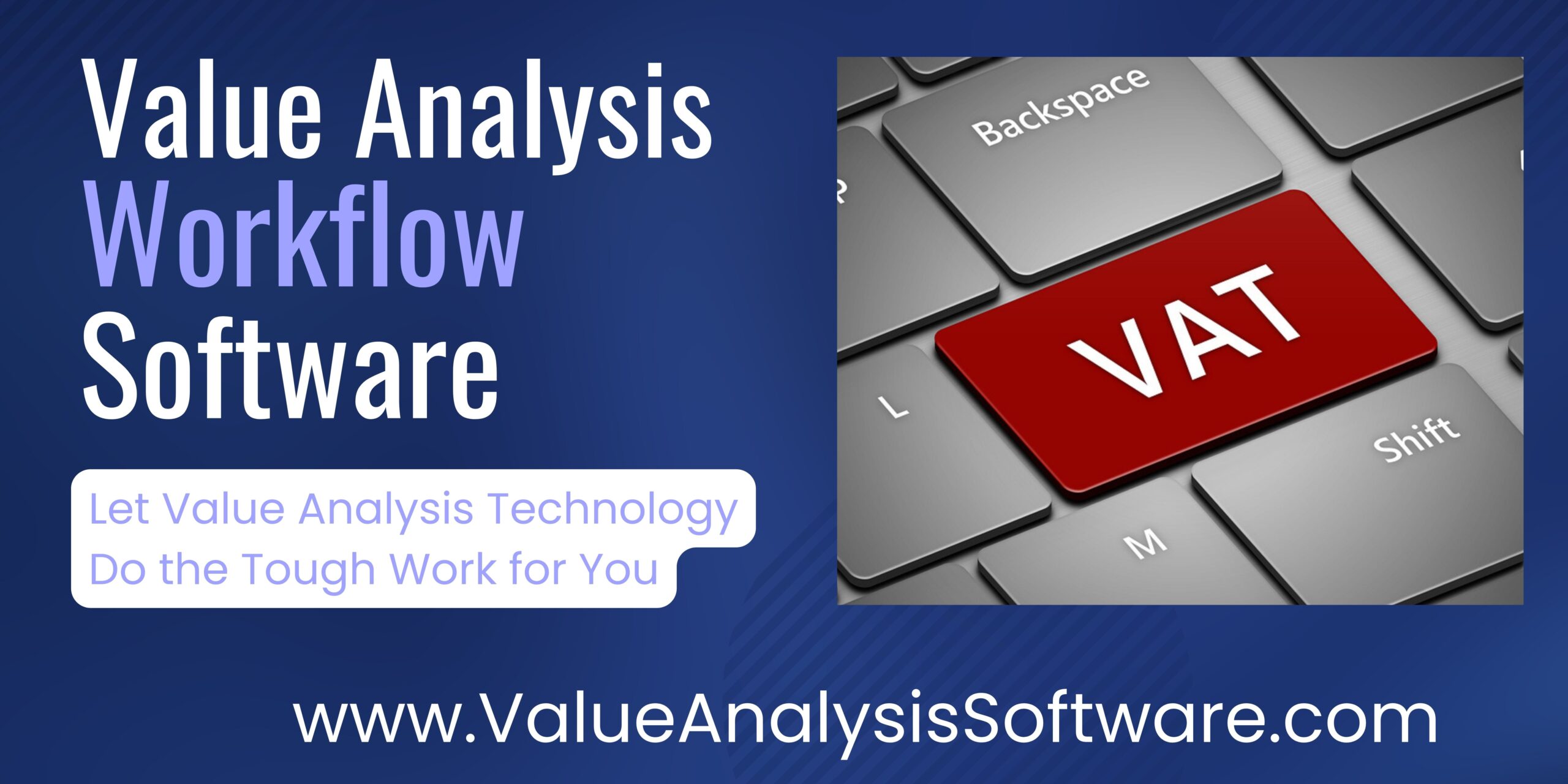by James Russell, RN-BC, MBA, CVAHP, Value Analysis Program Director, UW Health, WI
Lately, I’ve been thinking about the importance of mentoring in Value Analysis. It’s certainly an important tool in the development of most occupations. I could make the case that it’s even more important in healthcare Value Analysis than most. In fact, I frequently explain to my colleagues that we value analysis folks don’t often have many peers in our local institutions. It’s one reason we rely so heavily on our national organization (AHVAP) and national published literature (like this magazine).
I’ve been a Registered Nurse for thirty years. Yes, that means I’m old. I prefer to think of it as “seasoned.” During that time, I’ve spent about a decade in each of three disciplines: Critical Care, Psychiatry, and Value Analysis. As an ICU nurse, there were often hundreds of other ICU nurses in my institution that I could count as peers. I could learn from them, ask them to double-check my thinking, and double-check theirs. Sometimes, their participation in my practice was not even optional, such as when transfusing blood products into a patient…a second sign-off was mandatory, to help prevent catastrophic errors. Nurses take that stuff seriously, and very, very, rarely do they shirk that responsibility (although there have been cases of sloppy double-checking that’s resulted in negative outcomes). When I became an ICU Nurse Manger or Director, I still had peers in my institution that I could learn from and bounce ideas off of (they might be from other disciplines, but a departmental budget is a departmental budget). In Psychiatry, it’s a bit different, but the concept is still the same.
Occasionally, I would attend regional or national conferences and learn from many, many colleagues. My first NTI convention was a real eye opener…thousands of critical care nurses in one place, giving expert guidance, sponsoring hands-on practical courses, and even sharing lessons learned with each other. How cool! This experience taught me the value of networking and the absurdity of repeating someone else’s mistakes (and how our patients are the ones who suffer those consequences).
Healthcare Value Analysis is its own world. It’s a young profession and there just aren’t that many of us out there. My current health system has over 17,000 employees. Value Analysis consists of me, my Perioperative VA Coordinator, Tammy (a superstar), and our Data Analyst, Matt (a wizard). That’s it…three of us! We’re planning to grow and hire more folks (a Nursing VA Coordinator, an Interventional one, etc.), but for now it’s just us. Now we have lots of really smart helpful people around us that we can learn from (and sometimes teach), but their disciplines aren’t the same. For example, we have a Project Manager, Nathan, who understands about a dozen separate databases (I kind of get Microsoft Excel…a little). We have a Procurement Director, Kristi, who knows how our MMIS system works (I can spell PeopleSoft…sort of). We have a Materials Director, Bob, who knows how distributors work (I know what LUM means…-ish). And we have a Supply Chain Attorney, Kate, who keeps us straight on contracts (I know what T’s and C’s stand for…I think). But all of these experts have their own worlds that are mostly different from ours. Who do we learn from? Perhaps we should just make things up as we go? Uh…no.
Remember that I learned the significance of networking at NTI? Well Value Analysis has re-taught me that importance in spades. Our GPO has national conferences semi-annually. AHVAP has a national convention annually and often regional meetings as well. Getting together with these folks is not only a lot of fun sharing stories that we can all relate to (“Dr. Smith went to a conference and wants a new…”), it is essential to operating our department in the most optimal fashion possible. This collaboration is beyond helpful. If any of you have not attended one of these conferences, I challenge you to give it a try. You won’t be disappointed. I once had a boss who required me to come back from conferences with a “nugget” or two we could use locally. I often come back with dozens.
Going beyond collaborative sharing is mentoring. I’ve been privileged to have some of the most outstanding (and patient) mentors over the past 10 years. Mentors teach people to fish so they can solve their hunger problems on their own, rather than just giving them a fish to fix their hunger today. Early in my value analysis career I was honored to share a speaking role at a break out session at
AHRMM with Terri from Mayo and Barbara from Virginia. Doing so was an amazing experience, although a bit humbling. I had lots to say, because I was so excited about my new career! Both of them just smiled and nodded, then showed me that value analysis is about data, logic and evidence…not giving speeches. They were, and are, awesome. I continue to tap them on the shoulder and ask for guidance and no matter how busy they are, they are willing to stop what they’re doing and keep me from putting my foot in my mouth. I should seek their advice more often and taste less shoe leather!
Then there was Joan from Alabama. She’s retired now, but still involved in the VA community. She taught me many things, the most fun of which was to look for opportunities in areas that most people wouldn’t think of. She once surprised me by saying, in her wonderful drawl, “Do you have any idea how much printer ink costs? Why does everybody need a printer in their office? Why not have one big shared printer per office suite? And don’t get me started on color! Do you really need your agendas and minutes printed out in red and blue? Get a grip!” It seems like such a small thing. Remember my 17,000 employees? I wonder how many desktop printers we have? It adds up.
Lorra in Kentucky has been a wonderful voice of reason for me. I can get a little worked up (I know, you’re shocked!), when my customers are making decisions based on emotion (what I’m trying to stop calling, “Drama”) and Lorra will just smile and roll her eyes. She’ll remind me that I want a long-term working relationship with these people, not a quick win. I can beat them up with logic and facts and have them give in to my way of thinking, resentfully. Or, I can work with them, rather than against them, and perhaps the next time they think of a cost-savings idea they’ll give me a call. Customer service isn’t just for vendors.
Mike at Stonybrook has been a great source of information. He’s taught me that not all health systems are the same. We all think we’re unique, and sometimes we are! The difference in working in a public facility vs. a not-for-profit is huge! I never knew what that stuff meant. And don’t let your GPO’s off the hook. Cindy, at mine, once saved my hospital $100,000 by making an offhanded comment about SCD sizes that I took back and investigated. Many of these folks are a wealth of knowledge and support, and I’ve found that you don’t have to pay extra for asking someone their opinion!
So, you get it. Lots of folks have been helpful to me. There are many more: Pat in Virginia, who used to say, “When in doubt, don’t!” Sue in Rochester who’d remind me that everything isn’t a thing, sometimes just take a breath and let people learn their own lessons. Wanda in Tennessee who can attribute a lot of people’s behaviors to the generation they’re in, “Where’s my millennials? Bless your hearts…look up from your phones, please.” The point is, most of these folks worked in other places than I did, some were all the way across the country. It was through networking, professional association membership, conference attendance, and lots and lots of emails and phone calls that I was able to steal (I mean collaborate on) their ideas and avoid pitfalls and much embarrassment.
My last “nugget” is this, it never hurts to double-check your data before you go spouting off in a meeting, and if you don’t know something, don’t fake it. I once had a VP who decided to brag about one of my successful projects in a senior leadership meeting. Instead of confirming with me that he understood the topic, he “winged” it. My CNO took great pleasure in informing me of this VP’s pride in his Value Analysis Department’s six-figure return on investment with “blood-eluding stents.” Really? You can’t make this stuff up.
James Russell, RN-BC, MBA, CVAHP, is the Value Analysis Program Director at UW Health (the University of Wisconsin). Jim has 3 decades of nursing experience; a third in critical care, another third in psychiatry, and the last 10 years in healthcare value analysis. He’s been in both staff and leadership positions in the for-profit, community healthcare sector, as well as in several Academic Medical Centers. Jim has published dozens of articles on value analysis and nursing leadership, and speaks regularly at national conferences. You can contact Russell with your questions or comments at jrussell@uwhealth.org





